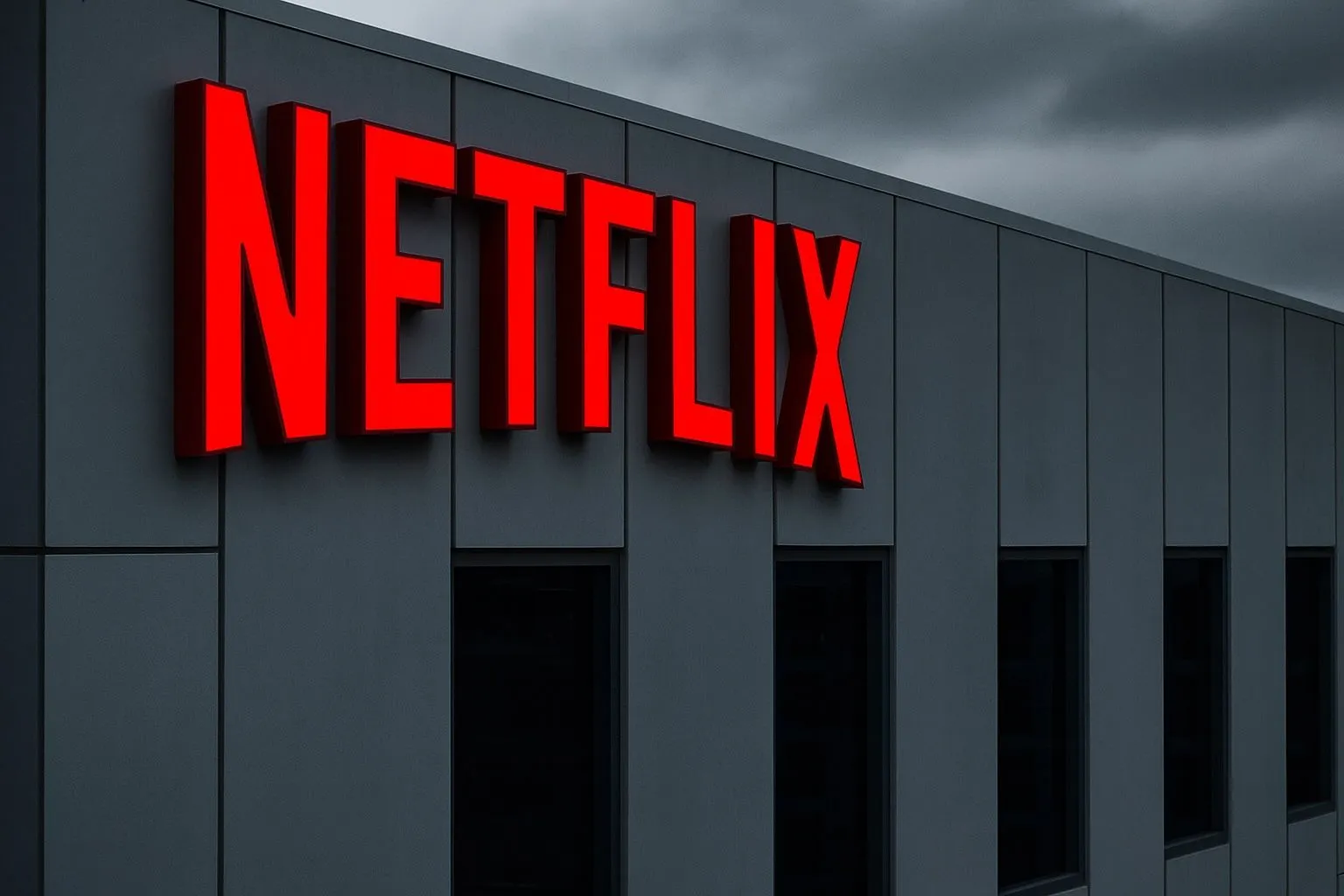Netflix Shares Have Flatlined Lately. Here’s Why Investors See a Breakout Ahead
Netflix has been a relative laggard this summer, missing out on the broader market rally. Yet despite its sluggish stock performance, many on Wall Street believe the streaming powerhouse is gearing up for another breakout.
Over the past three months, Netflix shares have gained just 2.8%, while the S&P 500 climbed roughly 7% and Alphabet parent of YouTube soared an impressive 38%. This gap may seem surprising, especially considering Netflix scored its biggest-ever success with KPop Demon Hunters, which became its first No. 1 box-office hit in August. Still, analysts and investors expect the stock to shake off its summer slump soon.
“For a company that’s delivered over the past decade, the question is whether its best days are behind it,” said Ken Leon, director of equity research at CFRA. “I think we’ll see Netflix continue to execute and expand.” Leon maintains a strong buy rating on the stock.
Why the slowdown?
Several factors may have kept Netflix from participating in the market’s broader surge. One major reason, according to Accuvest Global Advisors’ Eric Clark, is that investors have been chasing artificial intelligence names instead.
Chipmakers like AMD have jumped more than 50% in the past three months, while Intel has skyrocketed 65%. Meta Platforms and Nvidia have also outperformed Netflix, rising 3.7% and 6.8%, respectively.
“Netflix remains a great business with scale and room to grow,” Clark said in a CNBC interview. “The market isn’t rewarding that kind of steady quality right now but it eventually will.”
Investor hesitation may also stem from Netflix’s decision earlier this year to stop reporting quarterly subscriber counts. The company now prefers to be judged by metrics such as revenue growth and time spent on the platform. But the lack of subscriber data has introduced some unease heading into earnings season, said Paul Meeks, head of technology research at Freedom Capital Markets.
Adding to concerns, Meeks noted, is the recently merged Paramount-Skydance a potential new challenger to Netflix’s dominance. “Maybe after all these years, a legacy media company will finally pose a real threat,” he said. “But I’ll believe it when I see it.”
Netflix reports its third-quarter results Tuesday after the bell, and analysts are mostly upbeat heading into the release. Firms including UBS, Wells Fargo, Bernstein, and KeyBanc Capital Markets have reiterated bullish views, highlighting Netflix’s strong content lineup as a driver for engagement and retention.
Nancy Tengler, CEO and CIO of Laffer Tengler Investments, said Netflix’s content pipeline “should translate into strong subscriber metrics, faster revenue growth, and wider operating margins.” Meeks agreed, calling the company’s formula of strong content leading to higher engagement and profit a “virtuous cycle.”
Leon from CFRA praised Netflix’s steady revenue growth, expanding margins, and robust cash generation as the key ingredients that support its premium valuation.
A growing number of analysts believe Netflix’s next wave of growth will come from live sports streaming. Reports suggest the company will air the New York Yankees vs. San Francisco Giants game on MLB’s opening day in 2026, following its record-setting broadcast of Christmas Day NFL games last year.
“The sports market is massive, and fans want a streaming alternative to ESPN,” Meeks said. “Netflix has the brand and technology to compete, and I think it’s just a matter of time.”
Wells Fargo’s Steven Cahall echoed that sentiment, predicting that Netflix could strike an NFL deal to stream Sunday afternoon games, potentially pulling some rights away from CBS and Fox. He estimated such a move could add as much as $3 billion annually in NFL media rights fees.
Advertising is another major growth lever. Tengler pointed to Netflix’s new marketing partnership with AB InBev as proof of its expanding ad ambitions. Meeks added that the company’s ad-supported subscription tier has been a key success, turning Netflix into a hybrid model that balances subscriber revenue with ad income.
Despite fierce competition, Netflix continues to hold its own. With Disney+ recently raising its prices, Netflix’s base plan is now about 50% cheaper, Tengler said, though she expects Netflix will hike its own prices next year. Meanwhile, the company’s crackdown on password sharing and growing presence in podcasts are seen as additional catalysts for future growth.
Clark also highlighted that while Netflix isn’t a traditional AI stock, it’s still an “AI beneficiary.” The company uses artificial intelligence for personalized recommendations, improved content discovery, and even creative processes all of which enhance user engagement.
What’s next for the stock?
How shares react after earnings remains to be seen. Meeks said that if Netflix continues to trade sideways or dips lower, it could represent a strong buying opportunity.
He considers around $1,150 a “decent entry point,” roughly 4% below Friday’s close at $1,199.36. But if the stock falls under its 200-day moving average of $1,107, Meeks said he’d “probably buy it with both hands.”
“The last time Netflix traded below that level was in 2022, and it didn’t stay there long,” he noted.
Looking out 12 months, Leon projects Netflix shares could reach $1,485 a potential 24% gain. Clark is even more optimistic, setting a price target between $1,500 and $1,600, which would represent up to 33% upside.
While the stock may have missed out on this summer’s rally, investors and analysts alike seem confident that Netflix still has plenty of episodes left in its growth story.

Subscribe to our newsletter!
As a leading independent research provider, TradeAlgo keeps you connected from anywhere.








